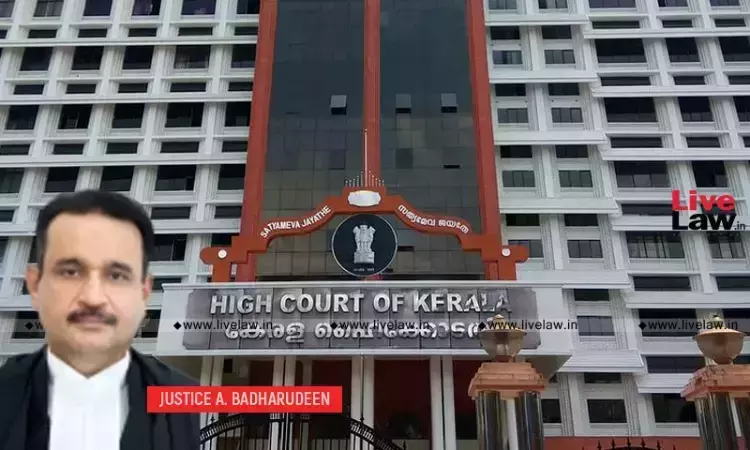The Kerala High Court has quashed proceedings initiated against the editor and publisher of Madhyamam newspaper under Section 499 of the IPC on finding that the alleged news item was published without intention or knowledge to harm the reputation of the complainant.Section 499 of the IPC defines defamation and the essential ingredients to constitute an offence of defamation. Section 500 of...

